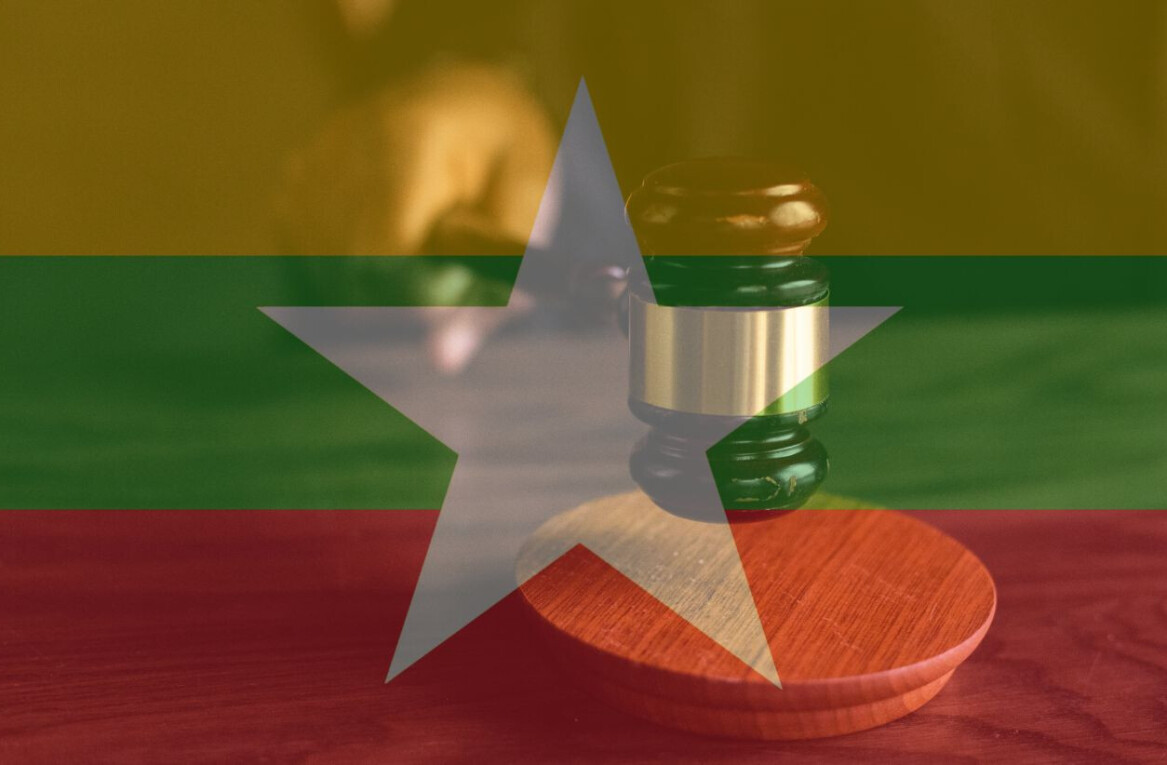
Last week Thailand banned Bitcoin (maybe), and this week the country is cracking down on Facebook users, in particular those who post or even ‘like’ political rumors on the social network.
The Washington Post reports that Thai police are investigating four people, including a public TV channel journalist, for “causing panic” by posting Facebook updates suggesting that people in capital city Bangkok should prepare for a military coup. The updates warned residents to stock up on supplies in preparation.
In addition to investigating the four, who could face up to five years in prison and a 100,000 baht ($3,200) fine under Thai law, police have warned others that even liking such posts is illegal and could result in jail time.
“Those who ‘liked’ and ‘shared’ the posts will also face charges, so we would like to ask the public to contemplate very carefully about the way they use social media,” Police Major General Pisit Paoinadded told media at a press conference on Monday.
An estimated 2,000 anti-government protesters gathered on Sunday to rally against an amnesty bill which they believe could allow exiled former Prime Minister Thaksin Shinawatra, brother of current Prime Minister Yingluck, to return to Thailand free of corruption charges. The legislation has stoked long-running tensions between the country’s two main political parties and their supporters.
Thailand’s king and queen last week moved from Bangkok to the coastal resort of Hua Hin, a development that some have seen as a sign of potential trouble, while the government has invoked the Internal Security Act in three districts in Bangkok in case of potential violence.
Thailand’s Computer Crimes Act outlaws the circulating of information that is against national security or causes panic. In the past, other sections of the law have been used to prosecute a Thai webmaster held responsible for comments defaming the royal family that were left on a popular political website.
When it comes to Web censorship, Thailand’s efforts pale into insignificance compared to China, which remains the most widely-recognized proponent of social media censorship. Country officials and teams within Internet companies work to ease ‘false information’ and rumors almost as quickly as they are published.
The repercussions of failing to manage this properly can be significant. Sina Weibo — the popular Twitter-like site — was punished for allowing coup rumors to circulate last year. The government shut down the service’s commenting system for three days as part of a ‘clean up.’
Headline image via westm/Flickr
Get the TNW newsletter
Get the most important tech news in your inbox each week.




